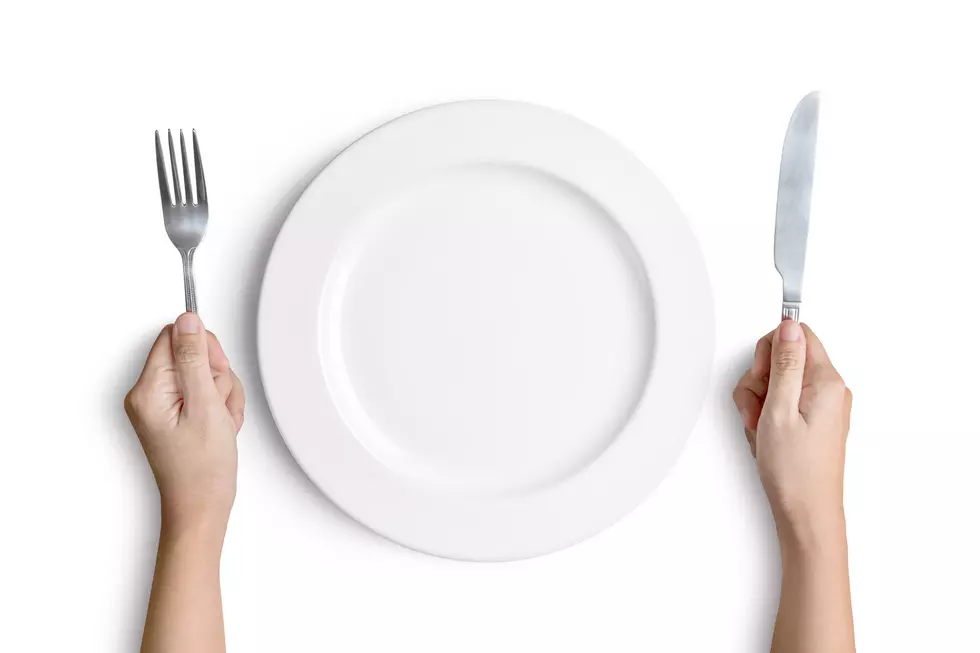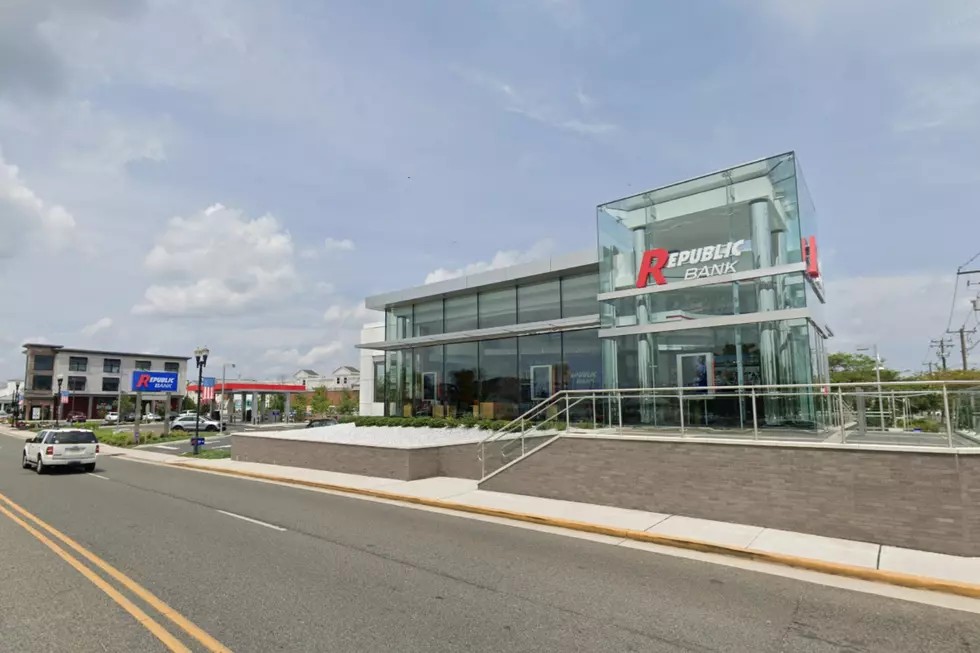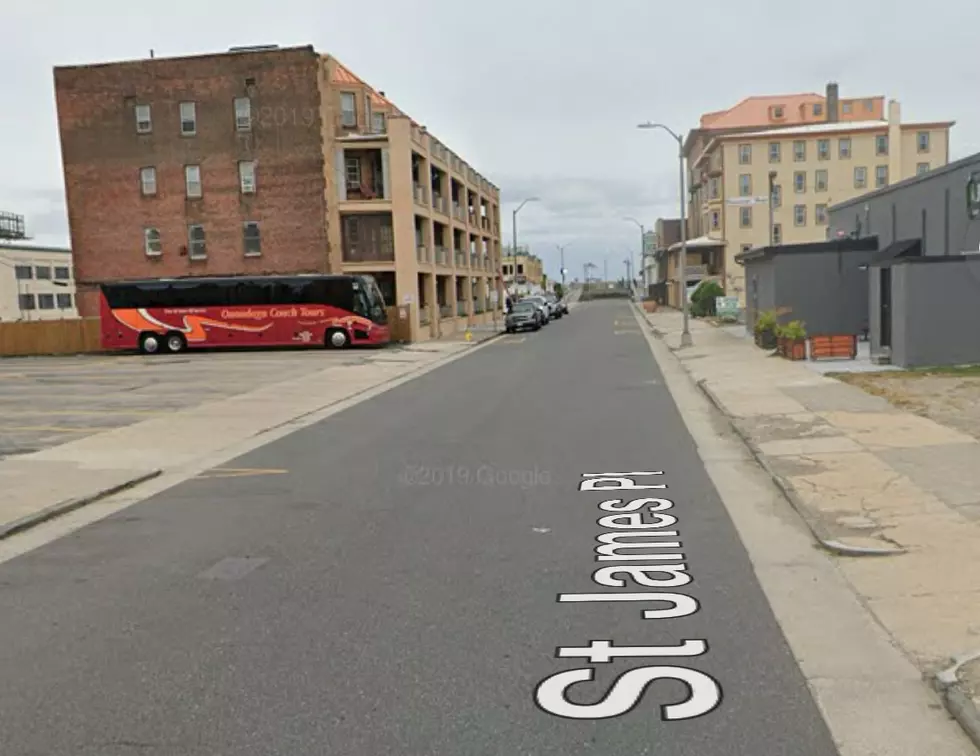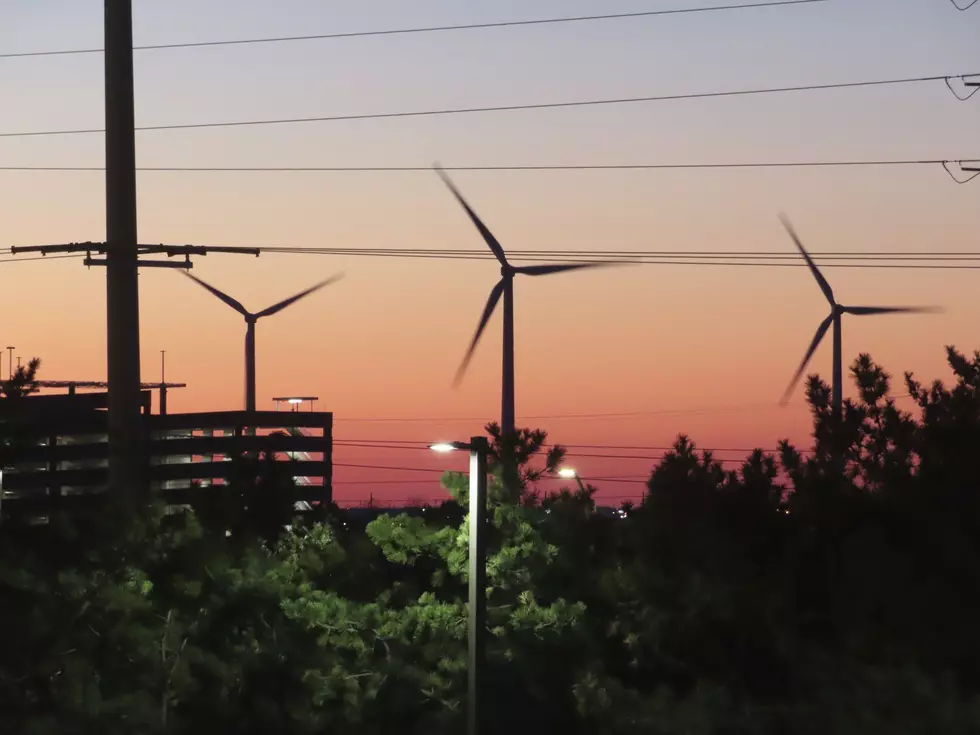
A Sudden and More Impactful Way to Help Feed NJ Families in Need
As we close out 2022, food pantries across New Jersey are struggling to keep up with demand, but a special opportunity to help is now at hand.
Karen Leies, the chief of external affairs for the Community FoodBank of New Jersey, said with inflation still pushing prices higher across the board donations have dropped off.
“We are falling a bit short, we have seen about a 15% (drop) in charitable giving compared to this time last year, but unfortunately the need is every bit as high as during the peak of COVID.”
A guardian angel
She said fortunately a generous anonymous donor has pledged $100,000 as a match for any gift received between now and midnight, Dec. 31 so any amount given will be matched, and greatly appreciated.
“The purchasing power we have at Community FoodBank of New Jersey allows every dollar to translate into three meals for New Jersey families in need,” she said.

She said the easiest way to make a gift between now and the end of the year is to go online at cfbnj.org.
Leies pointed out many people do make donations to food pantries between Thanksgiving and Christmas but giving typically drops off after that.
A year-round problem
She said that is problematic because hunger is not just a holiday problem “it’s a 365 day a year problem, and so many families have been hit hard with increased food prices and still coming out from the impact of COVID.”
She stressed during the winter months “we still need support, food drives become very important, online cash donations right now will make a tremendous difference, especially with this match.”
She pointed out so many New Jerseyans are working very hard “and still struggling to make ends meet and consistently afford food, so every single person has a chance to make an even bigger impact with a year-end gift right now.”
Leies added all help is greatly appreciated and “it goes a long, long way.”
This year the Community FoodBank has been distributing more food to needy Jersey families than ever before, about 1 million more pounds per month.
An estimated 650,000 people in New Jersey are food insecure, but the number may actually be a lot higher.
Rock Stars Who Walked Away and Never Looked Back
The 99 top paying jobs in New Jersey
More From WPG Talk Radio 95.5 FM










